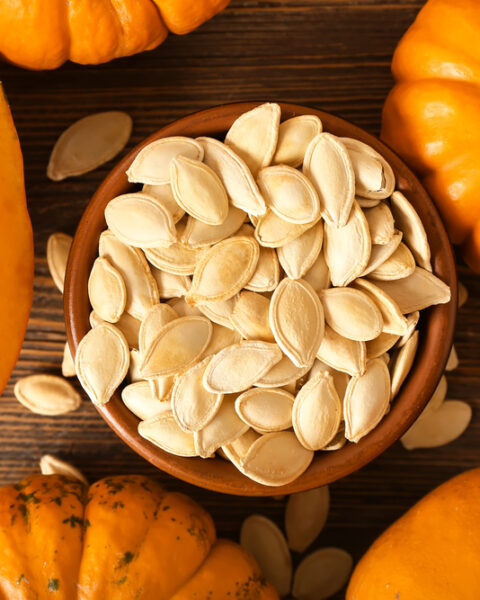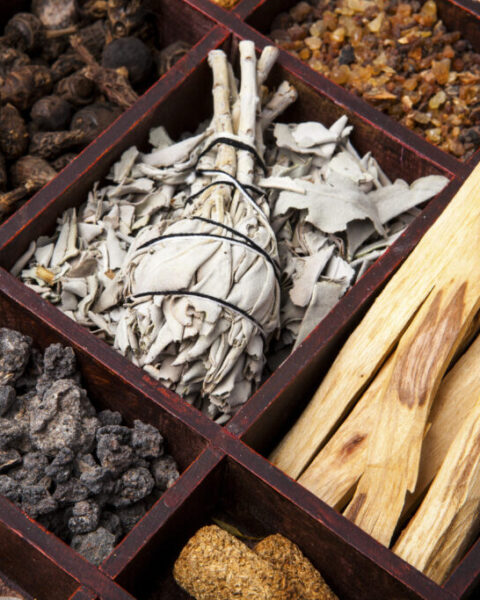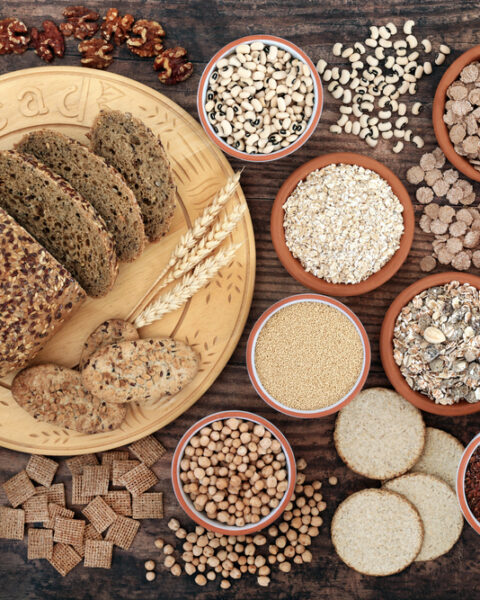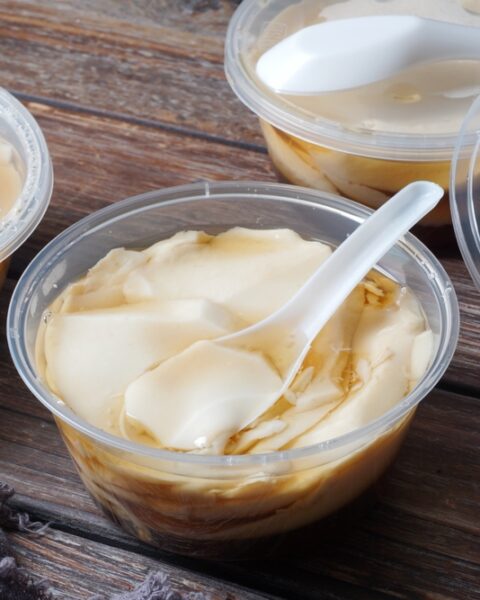While the U.S. offers a vast variety of food options, not all are embraced worldwide. Some of our favorite snacks and staples are banned in other countries due to health concerns or strict food regulations. This list highlights some of the foods we eat regularly that you won’t find in many places around the world. Discover the reasons behind these international food bans.
Contents
- 1 Skittles
- 2 Mountain Dew
- 3 Farmed Salmon
- 4 Ractopamine-Treated Meat
- 5 Little Debbie Swiss Rolls
- 6 Bread with Potassium Bromate
- 7 Stove Top Stuffing
- 8 Instant Mashed Potatoes
- 9 Olestra
- 10 Milk with rBGH
- 11 Ritz Crackers
- 12 Cereals with BHT
- 13 Drumsticks (Ice Cream)
- 14 More From RetailShout
- 15 15 Superfood Powders to Add to Your Smoothies
- 16 15 Aldi Breakfast Items to Start Your Day Off Right
Skittles
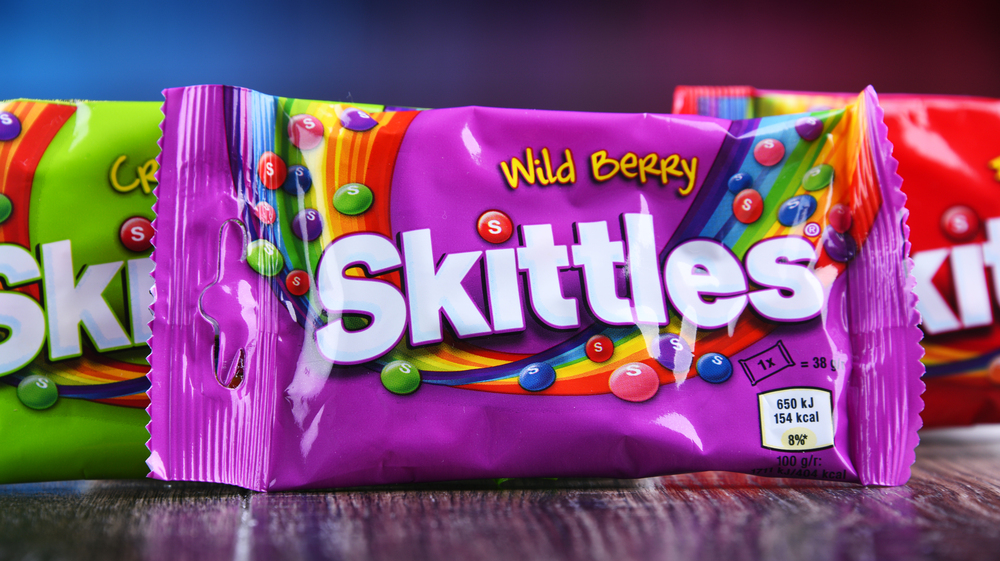
Skittles, beloved for their vibrant colors and fruity flavors, are banned in several European countries. The artificial food colorings used, such as Yellow 5 and Yellow 6, are linked to hyperactivity and other health issues. Europe enforces stricter regulations on food additives, leading to the ban. Instead, European versions use natural colorings.
Mountain Dew
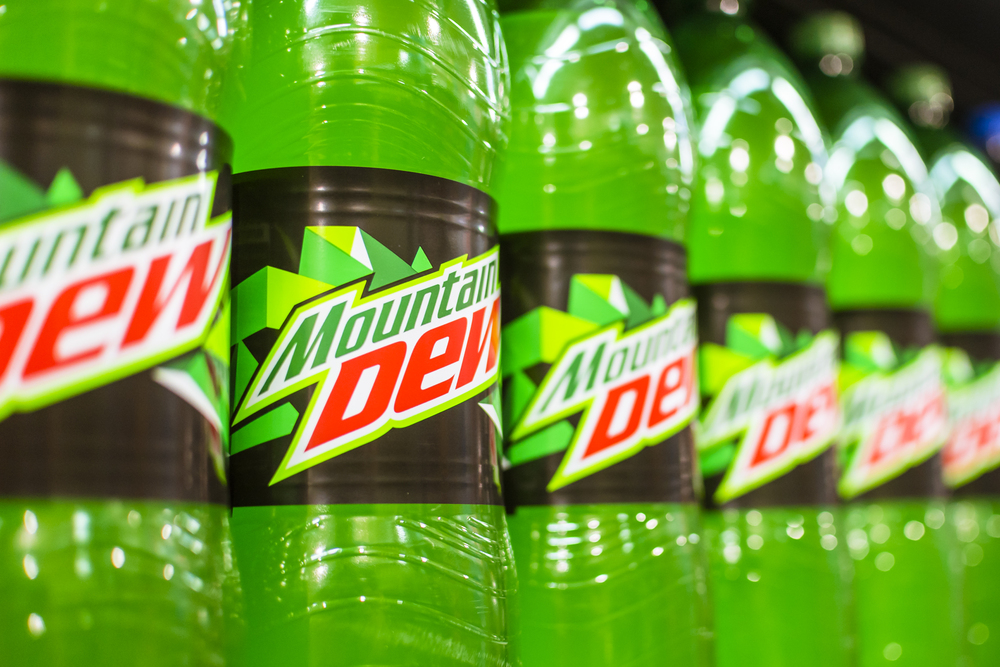
Mountain Dew is popular for its unique citrus flavor, but it contains brominated vegetable oil (BVO). BVO is banned in over 100 countries, including the European Union and Japan, due to health concerns like memory loss and skin problems. Despite its popularity, this ingredient keeps Mountain Dew off shelves in these regions.
Farmed Salmon
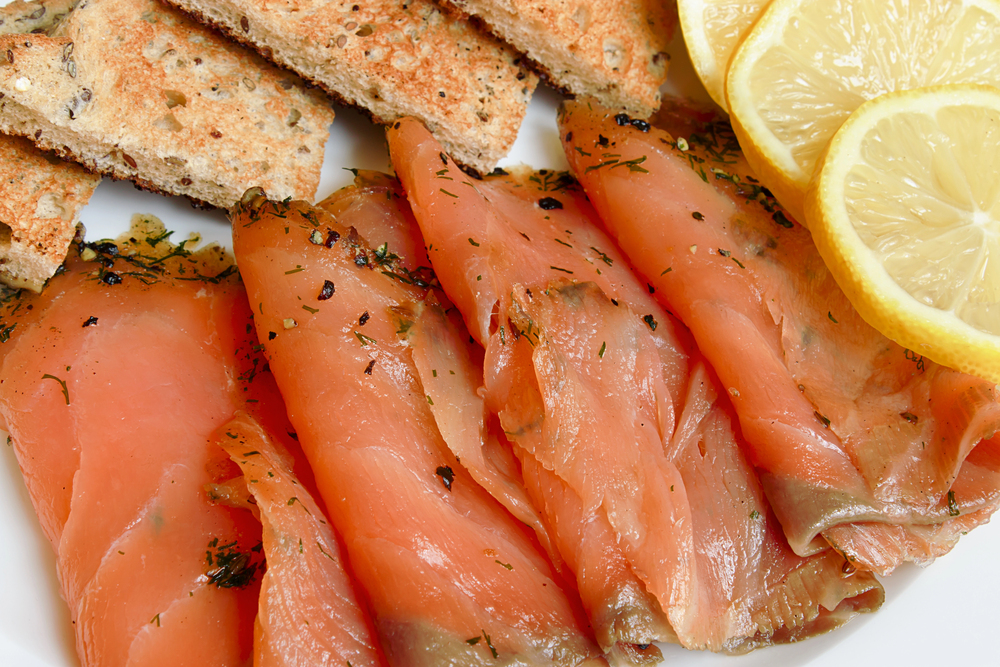
Farmed salmon is a common dish in the U.S., but Australia and New Zealand have banned it. The fish is often fed artificial coloring to achieve a pink hue, and it may contain higher levels of contaminants. These countries prefer wild-caught salmon, which is considered safer and more natural.
Ractopamine-Treated Meat
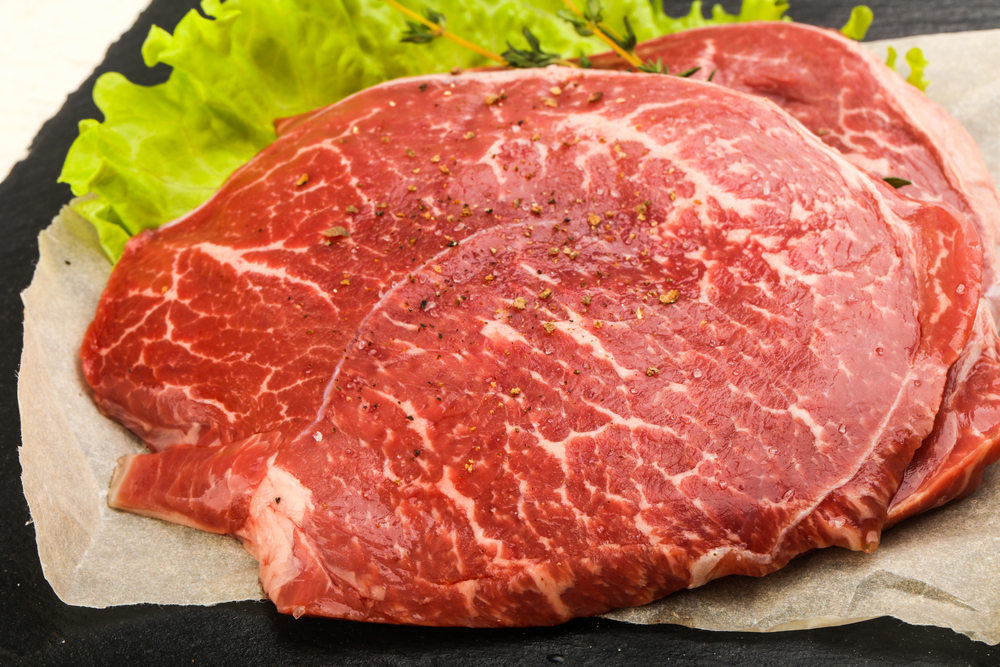
Ractopamine, a feed additive used to promote leanness in pigs, cattle, and turkeys, is banned in over 160 countries. The European Union, China, and Russia prohibit its use due to potential health risks like heart issues. Despite this, ractopamine-treated meat is still legal and widely consumed in the U.S.
Little Debbie Swiss Rolls
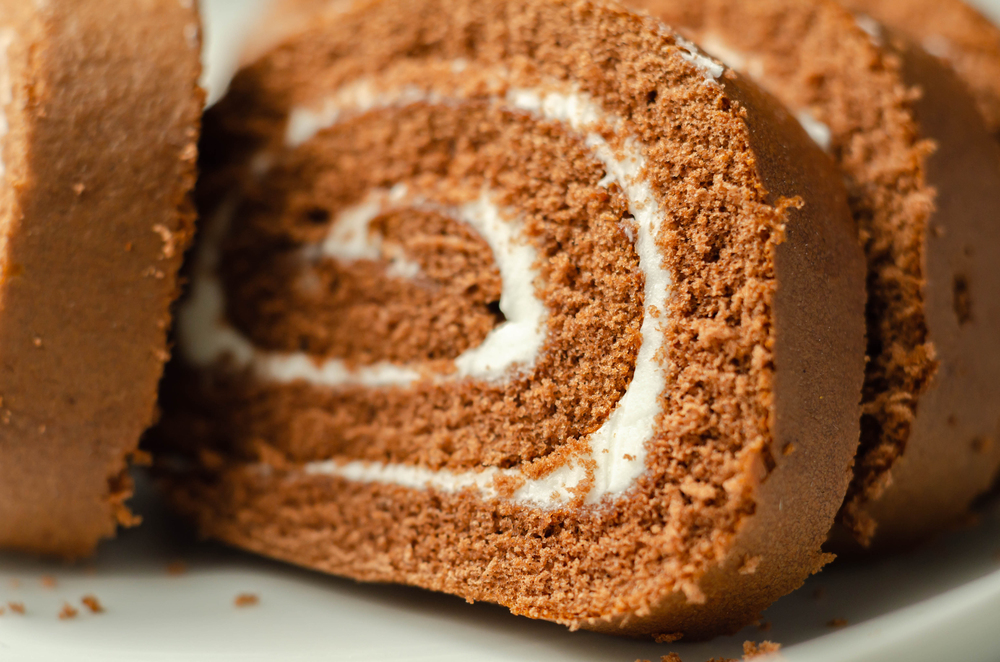
Little Debbie Swiss Rolls, a favorite snack cake, is banned in Norway and Austria. The artificial dyes Yellow 5 and Red 40 used in these treats are linked to hyperactivity and other behavioral problems in children. These countries have stringent regulations on food additives, leading to the ban.
Bread with Potassium Bromate
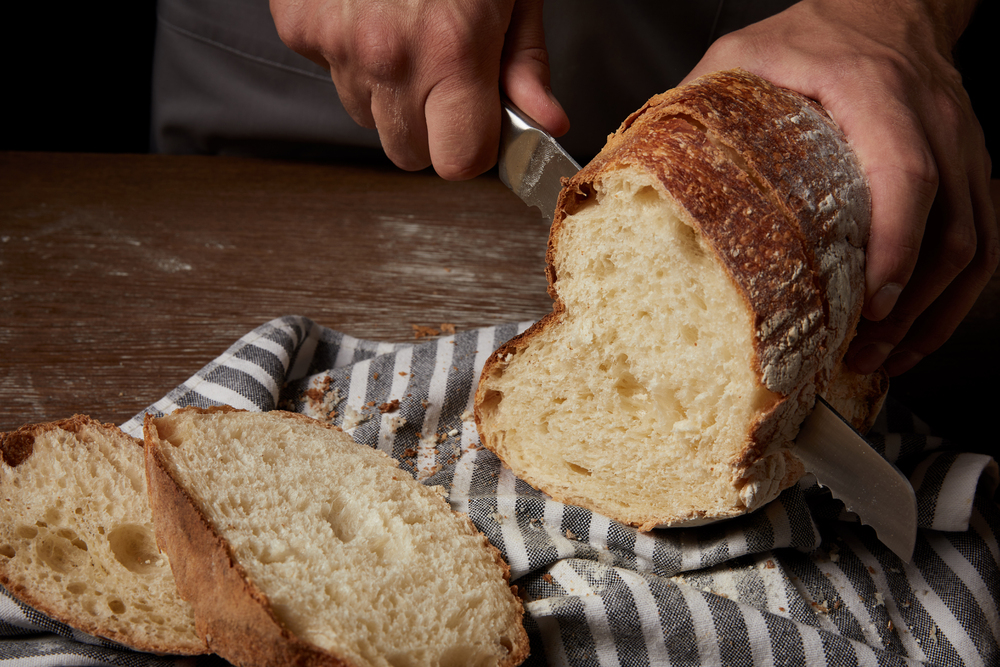
Potassium bromate is an additive used to strengthen dough and improve bread rise. It is banned in the EU, Canada, and several other countries due to its potential carcinogenic effects. Despite these concerns, it remains a common ingredient in U.S. bread.
Stove Top Stuffing
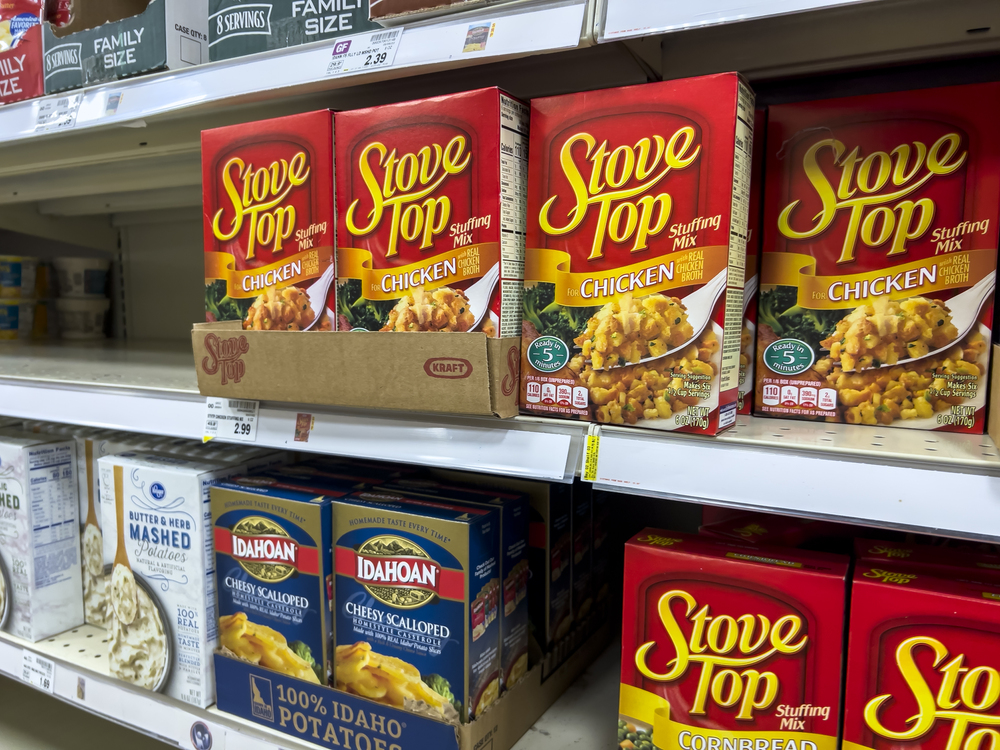
Stove Top Stuffing, a popular convenience food in the U.S., contains BHA and BHT preservatives. These chemicals are banned in the UK, Japan, and several European countries due to their potential carcinogenic properties. Despite these bans, Stove Top remains a staple in many American households.
Instant Mashed Potatoes
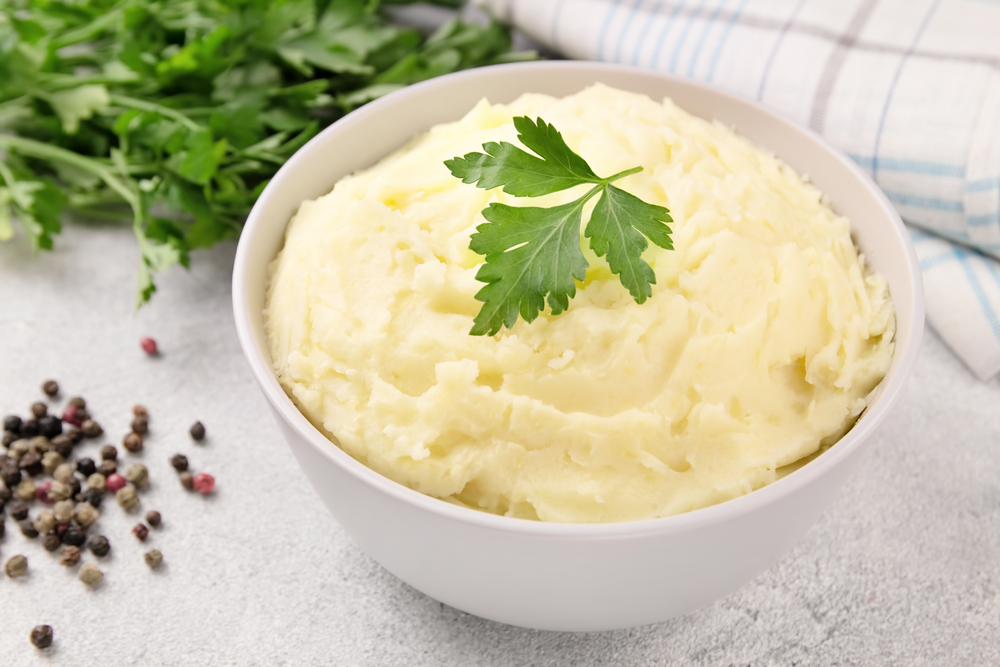
Instant mashed potatoes often contain the preservative butylated hydroxyanisole (BHA). BHA is banned in Japan and many European countries due to its potential to cause cancer. In the U.S., it is still commonly used in various processed foods, including instant mashed potatoes.
Olestra
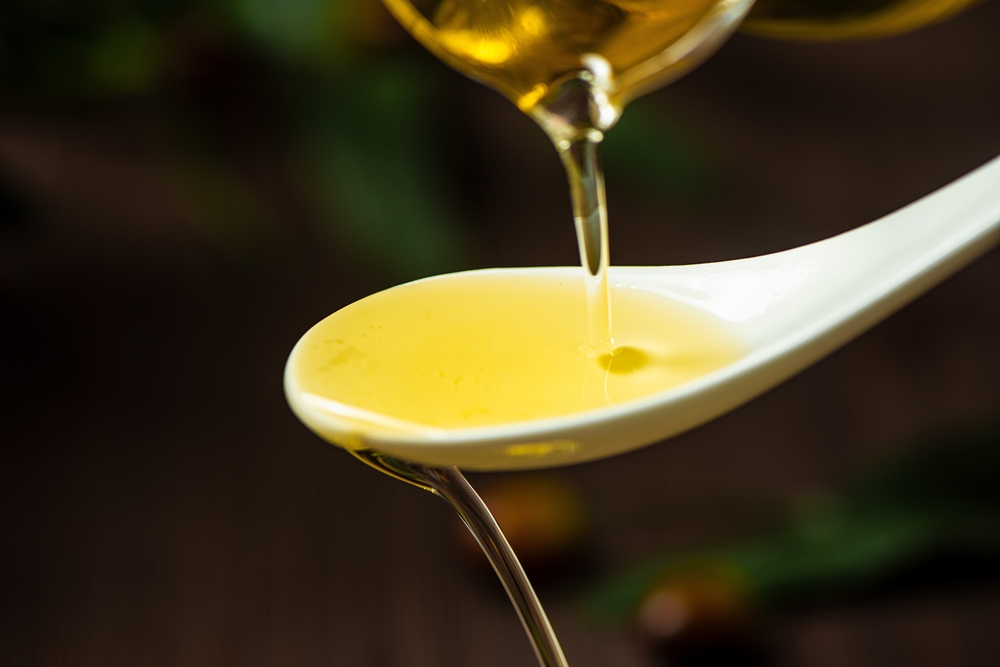
Olestra, a fat substitute used in some snacks to reduce calories, is banned in Canada and the UK. It can cause digestive issues, such as cramping and diarrhea, and inhibits the absorption of essential nutrients. Despite these side effects, it remains approved for use in the U.S.
Milk with rBGH
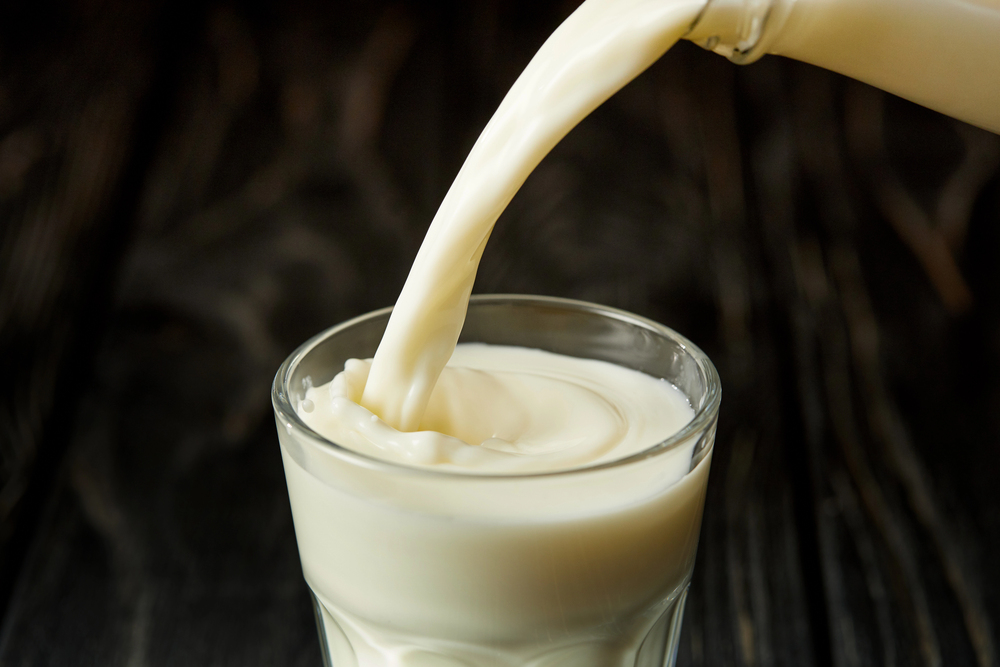
Recombinant bovine growth hormone (rBGH) is used in the U.S. to increase milk production in cows. It is banned in the EU, Canada, and Japan due to potential health risks to both cows and humans, including an increased risk of cancer. Milk containing rBGH is still available in American supermarkets.
Ritz Crackers
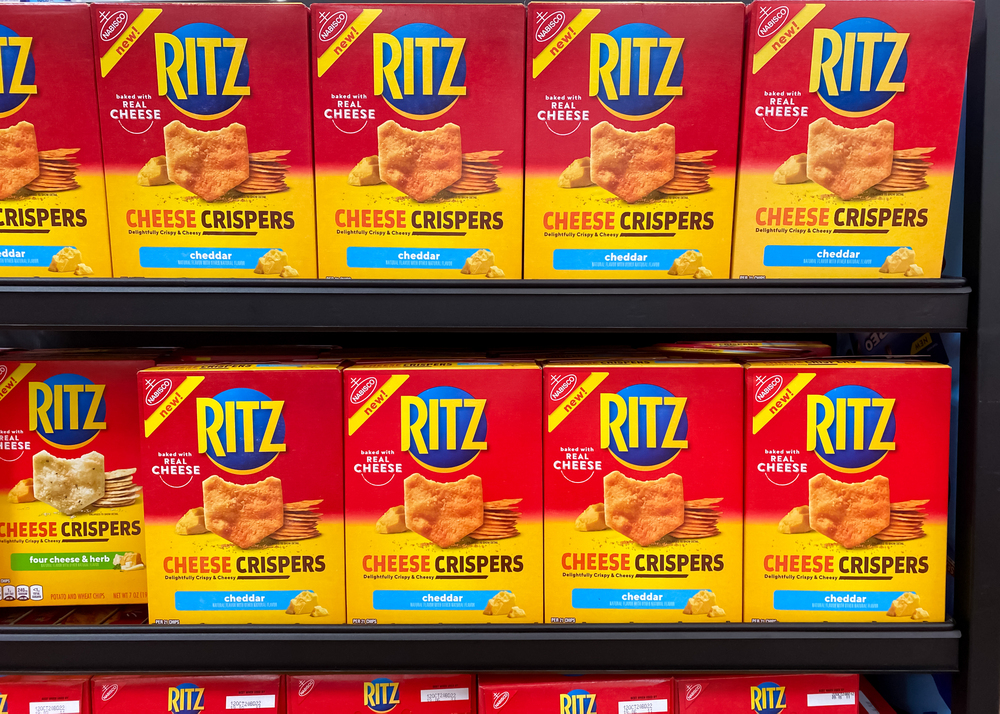
Ritz Crackers contain partially hydrogenated cottonseed oil, a source of trans fats. Trans fats are banned in many countries, including Switzerland, Austria, and Hungary, due to their link to heart disease. These crackers are still widely enjoyed in the U.S.
Cereals with BHT
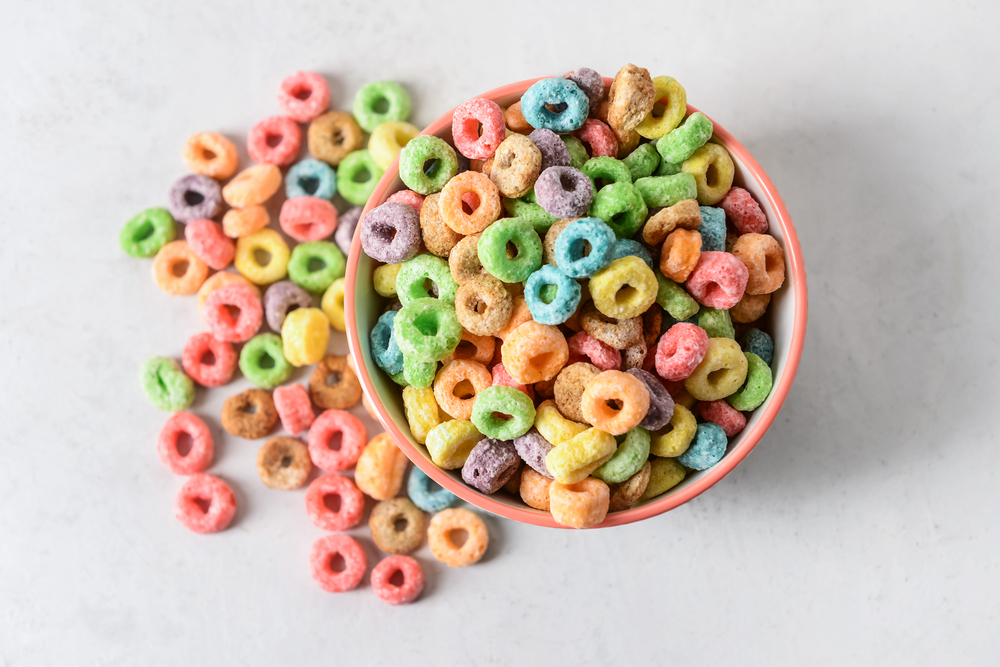
BHT (butylated hydroxytoluene) is a preservative found in many breakfast cereals. It is banned in the UK, Japan, and some European countries due to its potential carcinogenic effects. Despite these bans, BHT is still widely used in the U.S. food industry.
Drumsticks (Ice Cream)
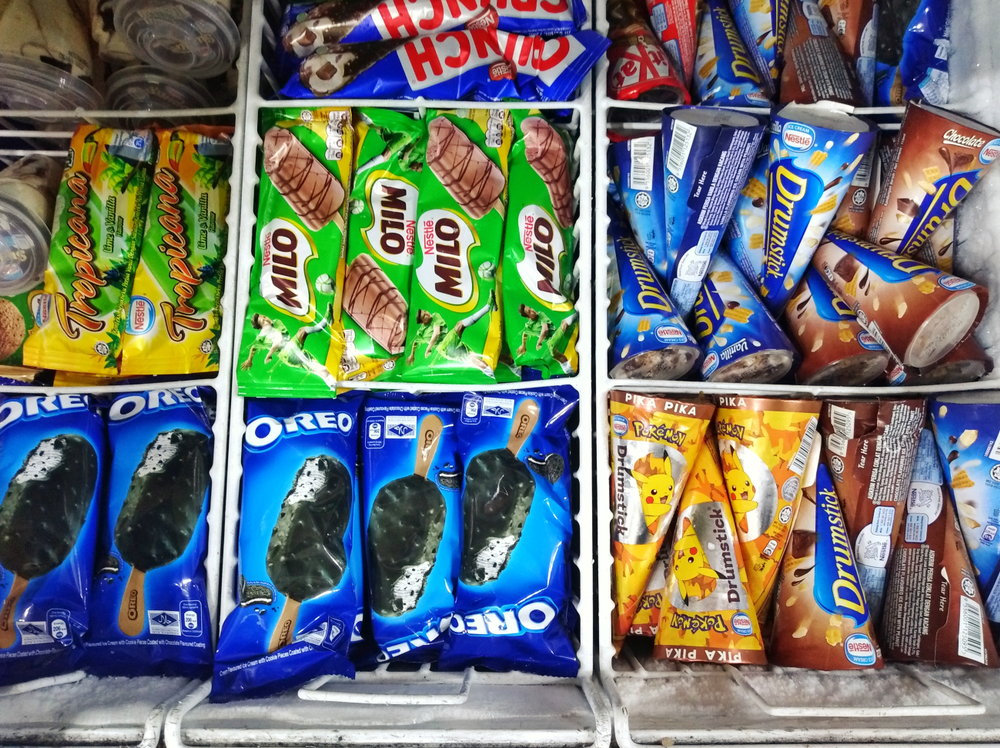
Drumsticks, a popular ice cream treat, contain carrageenan, a thickening agent linked to gastrointestinal issues. Carrageenan is banned in the EU due to these health concerns. Despite this, it remains an approved food additive in the U.S. and is commonly found in many dairy products.
This article originally appeared on RetailShout.
More From RetailShout
15 Foods You Can Save Big On by Making at Home
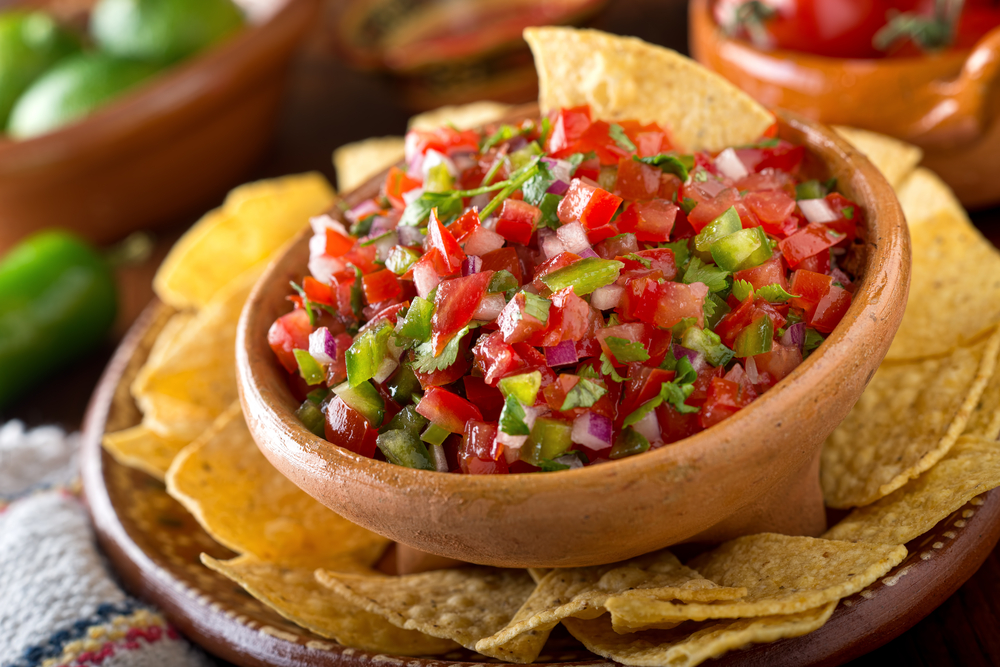
Eating out can be a fun treat, but it often comes with a hefty price tag. Many popular foods can be made at home for a fraction of the cost, without sacrificing flavor or quality. Read More.
15 Superfood Powders to Add to Your Smoothies
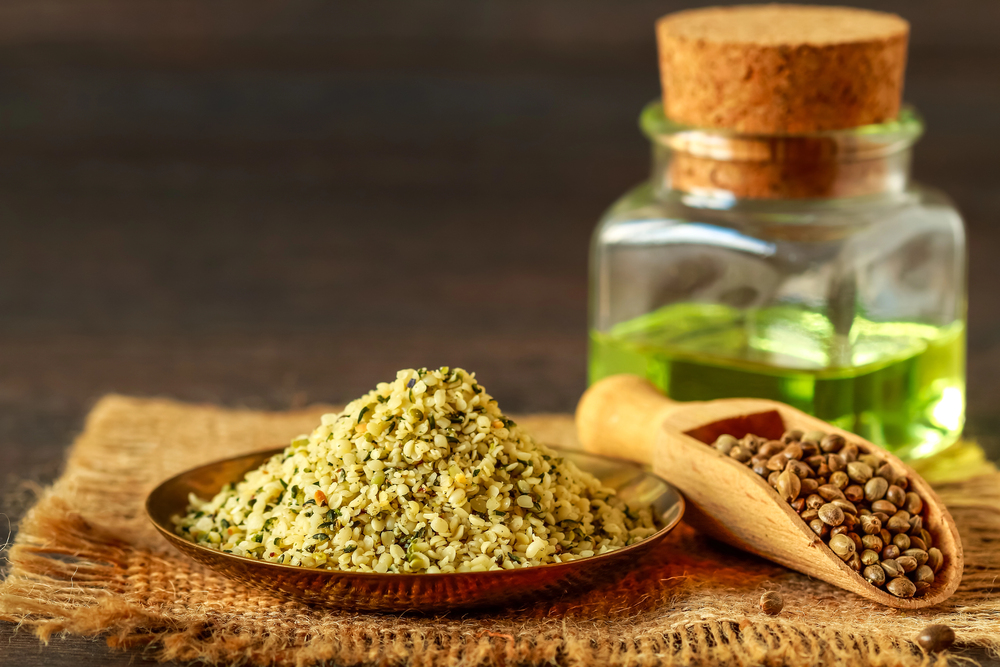
Adding superfood powders to your smoothies is an easy way to boost their nutrition without much effort. These nutrient-dense powders pack a punch, offering everything from antioxidants to vitamins and minerals. Read More.
15 Aldi Breakfast Items to Start Your Day Off Right
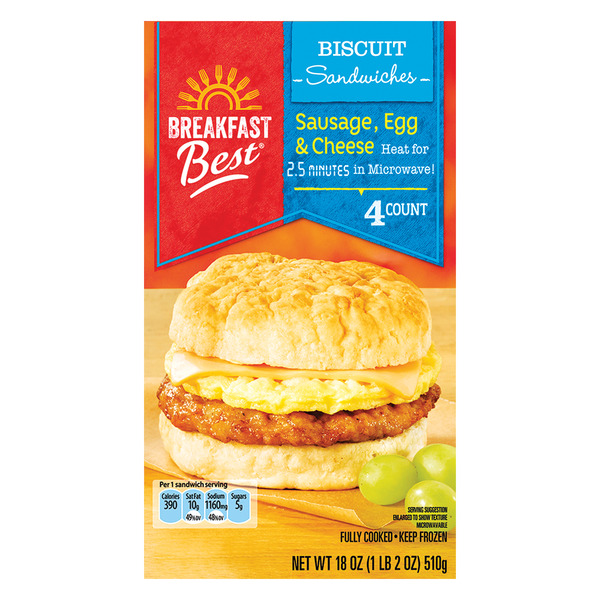
Mornings are hard enough without the added stress of deciding what to eat. Maybe you have to get the kids out the door, juggle that first Zoom meeting, or simply resist the snooze button for the third time. Read More.

